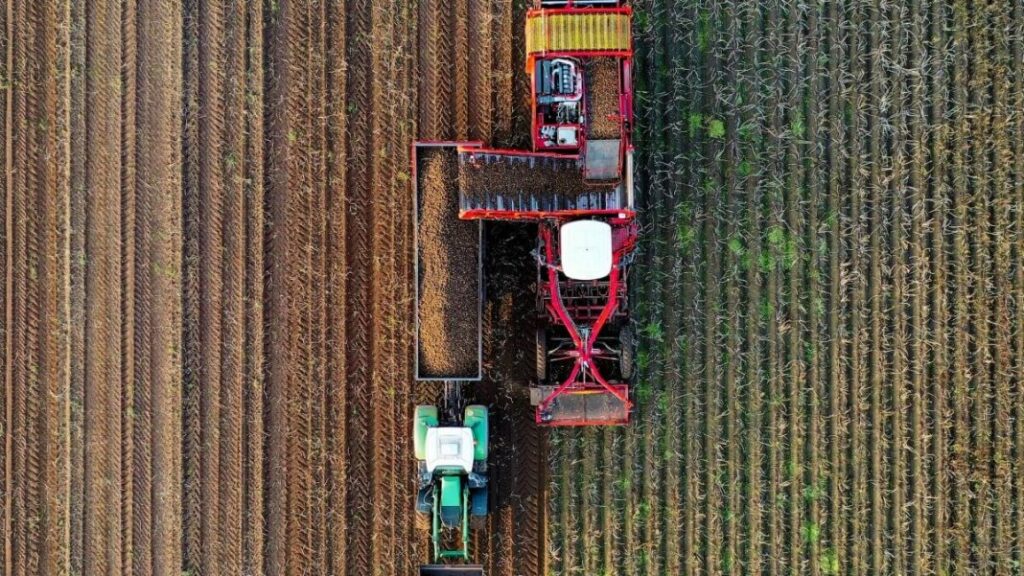
A report from RBC has concluded that Canada will need around 30,000 immigrant farmers over the next ten years to start their own farms in the country or to take over existing farm operations.
According to RBC, in ten years’ time, about 60 per cent of farm operators will be over the age of 65, representing the highest number of Canadian farmers close to retirement so far.
For this reason, it has been suggested that the authorities ease the current rules and provide permanent immigration status to more than 24,000 farm workers as well as 30,000 operators in order to deal with the current labor shortage in the sector, VisaGuide.World reports.
“The most immediate solution to this challenge rests at our borders. Providing permanent immigration status to over 24,000 general farm workers and 30,000 operators can assist in bridging retirement and staffing gaps, help the sector fulfill its productivity potential and meet domestic and foreign food demands,” a part of the RBC report reads.
Data provided by Immigration, Refugees, and Citizenship Canada show that the agricultural sector of the country is already more and more turning towards immigration to solve labor shortages, the Canadian Citizenship and Immigration Resource Center (CCIRC) explains.
The same source notes that Canada welcomed a total of 970 new permanent residents in 2022 who immigrated to the country to fill in jobs in the agricultural sector. Of them, 155 were managers, and 530 were farm supervisors, agricultural service contractors, and specialized livestock workers. Moreover, another 285 were general farm workers.
Compared to 2021, when Canada welcomed 625 new permanent residents to fill in those types of jobs, last year’s figures represent a 55.2 per cent increase. The increase is also higher compared to 2019, when there were 710 permanent residents who reached Canada to fill in jobs in the agricultural sector.
As for this year, CCIRC noted that there is an upward trend in agricultural immigration. According to the latter, 320 new permanent residents entered Canada in the first two months of this year to fill in job positions in the sectors. The same noted that if such a trend continues until the end of the year, it would mean that Canada will register 1,920 more farm workers.
Apart from dealing with labor shortages in the agricultural sector, Canada is encountering the same problems in other sectors too. One of the highest skills shortages currently is in food production.
In order to help the country overcome labor shortages in different sectors, the Canadian government said that it would permit visitors to apply for a work permit without leaving the country. The same has decided to make changes to some of its laws to attract more foreign workers.
